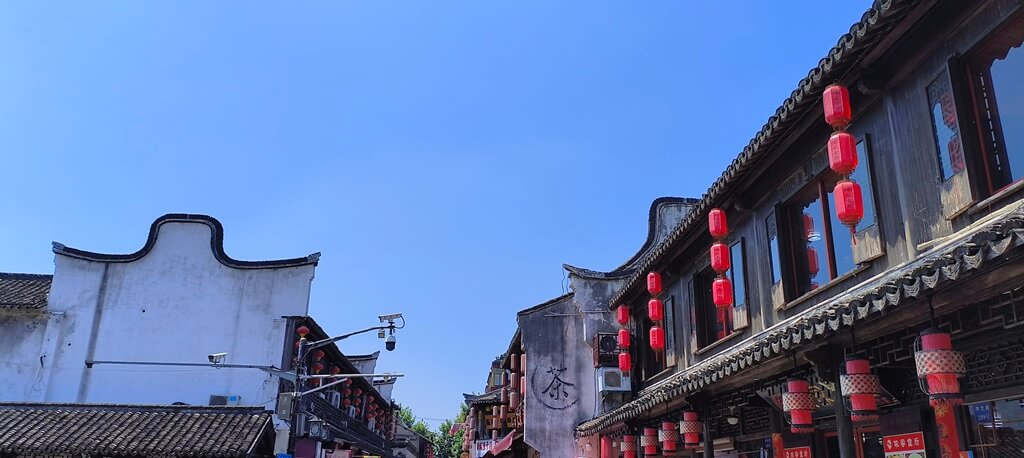Black Myth: Wukong Sparks Debate: Is Lingji Bodhisattva a Villain or a Necessary Evil?
Beijing, China – Thehighly anticipated action RPG, Black Myth: Wukong, has taken the gaming world by storm, captivating players with its stunning graphics, fluid combat, andfaithful adaptation of the classic Chinese novel Journey to the West. However, the game’s depiction of Lingji Bodhisattva, a revered Buddhist figure, asa ruthless antagonist has sparked a heated debate among players and critics alike.
The game’s narrative deviates from the traditional story, portraying Lingji Bodhisattva as the mastermind behind the downfall of a powerful ancient kingdom and the transformation of itsinhabitants into rat demons. This portrayal has led to accusations of historical revisionism and a disregard for traditional Chinese cultural values.
It’s deeply unsettling to see a figure like Lingji Bodhisattva, who is traditionally associated with compassionand enlightenment, depicted as a villain, said Professor Li Wei, a renowned scholar of Chinese mythology at Peking University. This kind of creative liberty, while understandable in a fictional work, can be seen as disrespectful to the cultural heritage of our nation.
However, the game’s developers, Game Science, have defendedtheir creative choices, arguing that the game aims to explore the complexities of good and evil, and that Lingji Bodhisattva’s actions, while morally questionable, are ultimately driven by a greater purpose.
We believe that every character, even those who appear villainous, has their own motivations and complexities, said YangQi, the game’s lead writer. Lingji Bodhisattva’s actions, while seemingly cruel, are ultimately aimed at preventing a greater catastrophe. We encourage players to think critically about the game’s narrative and draw their own conclusions.
The debate surrounding Lingji Bodhisattva’s portrayal highlights the delicate balancebetween artistic freedom and cultural sensitivity. While some argue that the game’s creative liberties are justified by its artistic merit and its exploration of complex themes, others believe that the depiction of a revered figure as a villain is disrespectful and undermines traditional cultural values.
The controversy has also sparked discussions about the role of video games inshaping public perception and understanding of history and mythology. Some argue that games like Black Myth: Wukong have the potential to educate players about Chinese culture and history, while others worry that their interpretations of traditional narratives may be misleading or inaccurate.
The debate surrounding Black Myth: Wukong is likelyto continue as the game gains wider release and more players engage with its complex narrative. The game’s creators will need to navigate the delicate balance between artistic freedom and cultural sensitivity, ensuring that their creative choices are both engaging and respectful of the cultural heritage they draw upon.
Beyond the Controversy: A Look at theGame’s Impact
Despite the controversy, Black Myth: Wukong has garnered widespread acclaim for its impressive visuals, fluid combat system, and ambitious storytelling. The game has generated significant buzz within the gaming community, with many praising its potential to redefine the action RPG genre.
The game’s successhas also highlighted the growing global interest in Chinese culture and mythology. Black Myth: Wukong is not the first game to draw inspiration from Journey to the West, but its high production value and innovative gameplay have raised the bar for Chinese game development.
The game’s success has also led to increasedinvestment in the Chinese gaming industry, with more developers seeking to create high-quality games that showcase Chinese culture and history to a global audience.
Black Myth: Wukong is a testament to the growing power and influence of the Chinese gaming industry, said Dr. Zhang Wei, a professor of game studies atTsinghua University. The game’s success is not only a testament to the talent of Chinese game developers but also a sign of the growing global demand for high-quality games that celebrate Chinese culture.
The controversy surrounding Lingji Bodhisattva’s portrayal may be a temporary setback, but the game’s overallimpact on the Chinese gaming industry and the global perception of Chinese culture is undeniable. Black Myth: Wukong is a landmark achievement that has the potential to shape the future of Chinese game development and inspire a new generation of gamers to explore the rich tapestry of Chinese mythology.
【source】https://www.zhihu.com/question/665202580
Views: 0
